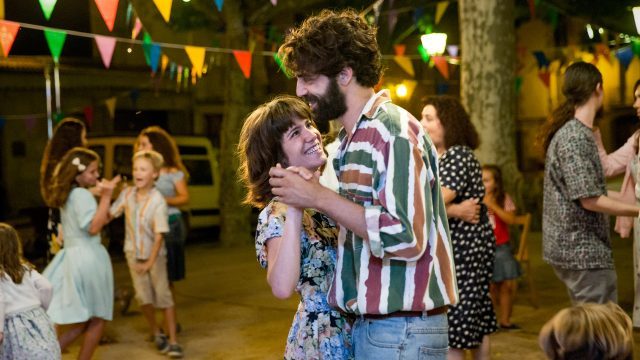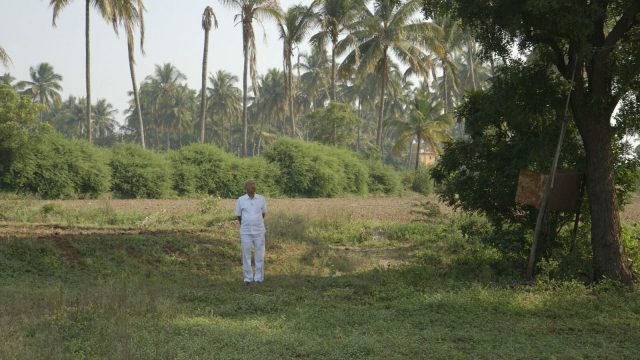
Ayurvedic practitioner Dr. Vasant Lad shares his love of life in The Doctor from India
THE DOCTOR FROM INDIA (Jeremy Frindel, 2018)
Quad Cinema
34 West 13th St. between Fifth & Sixth Aves.
June 1-7
212-255-2243
Special screening June 2 at 4:00 at Symphony Space
quadcinema.com
zeitgeistfilms.com
 After seeing Jeremy Frindel’s The Doctor from India, you’re going to want to know even more about its remarkable subject, Ayurvedic master Dr. Vasant Lad. And you can get that chance this weekend when the doctor, who is based in Albuquerque, New Mexico, and Pune, India, makes several appearances in New York City, participating in Q&As following the 6:45 shows at the Quad on June 1 and 2 and at Symphony Space on June 2 after the 4:00 Thalia Docs screening. The documentary provides an intimate, inside look at the seventy-five-year-old founder of the Ayurvedic Institute, who nearly single-handedly brought the ancient discipline to America and the rest of the world. “When I went first during 1979, no one even knows [the] word Ayurveda,” Dr. Lad says about his initial visit to the United States. “Now Ayurveda is flourishing, flowering, and it is my mission of my guru [Hammer Baba] to spread and propagate Ayurveda in the Western world.” Frindel shows the doctor — who is not licensed in America, where the medical establishment and insurance companies do not recognize Ayurveda as legitimate medical treatment — tending to patients in Pune, both at his main office during the day with students and in a clinic where people line up every night to be diagnosed for free. “The specialty of Ayurveda is the science of the pulse. Disease can be diagnosed by examining the pulse. I will look into your constitution, your prakruti, your vikruti, and let them know of any abnormalities,” he tells a patient. A kind, gentle, spiritual soul who does yoga and meditates, Dr. Lad describes Ayurveda as “the art of living in harmony with nature, in harmony with the surroundings, and that is a beautiful thing.” Frindel also speaks with Vedic scholar Dr. David Frawley, Doctor of Oriental Medicine Claudia Welch, first American Ayurvedic physician Dr. Robert Svoboda, and layman Len Blank, who sponsored Dr. Lad’s first visit to the West. “Dr. Lad is the most significant person in a sense galvanizing the movement of Ayurveda in the entire world but starting in the United States,” says Dr. Deepak Chopra, who has a fascinating connection to Dr. Lad involving the Maharaja Mahesh Yogi.
After seeing Jeremy Frindel’s The Doctor from India, you’re going to want to know even more about its remarkable subject, Ayurvedic master Dr. Vasant Lad. And you can get that chance this weekend when the doctor, who is based in Albuquerque, New Mexico, and Pune, India, makes several appearances in New York City, participating in Q&As following the 6:45 shows at the Quad on June 1 and 2 and at Symphony Space on June 2 after the 4:00 Thalia Docs screening. The documentary provides an intimate, inside look at the seventy-five-year-old founder of the Ayurvedic Institute, who nearly single-handedly brought the ancient discipline to America and the rest of the world. “When I went first during 1979, no one even knows [the] word Ayurveda,” Dr. Lad says about his initial visit to the United States. “Now Ayurveda is flourishing, flowering, and it is my mission of my guru [Hammer Baba] to spread and propagate Ayurveda in the Western world.” Frindel shows the doctor — who is not licensed in America, where the medical establishment and insurance companies do not recognize Ayurveda as legitimate medical treatment — tending to patients in Pune, both at his main office during the day with students and in a clinic where people line up every night to be diagnosed for free. “The specialty of Ayurveda is the science of the pulse. Disease can be diagnosed by examining the pulse. I will look into your constitution, your prakruti, your vikruti, and let them know of any abnormalities,” he tells a patient. A kind, gentle, spiritual soul who does yoga and meditates, Dr. Lad describes Ayurveda as “the art of living in harmony with nature, in harmony with the surroundings, and that is a beautiful thing.” Frindel also speaks with Vedic scholar Dr. David Frawley, Doctor of Oriental Medicine Claudia Welch, first American Ayurvedic physician Dr. Robert Svoboda, and layman Len Blank, who sponsored Dr. Lad’s first visit to the West. “Dr. Lad is the most significant person in a sense galvanizing the movement of Ayurveda in the entire world but starting in the United States,” says Dr. Deepak Chopra, who has a fascinating connection to Dr. Lad involving the Maharaja Mahesh Yogi.
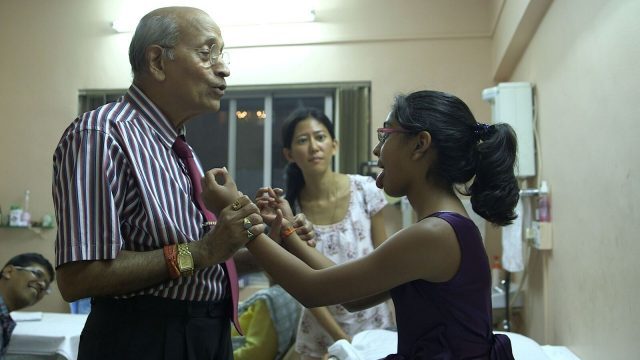
Dr. Vasant Lad tends to patients in unique ways in Jeremy Frindel’s The Doctor from India
Author of the million-selling book Ayurveda: The Science of Self-Healing, Dr. Lad believes that looking, listening, and communicating, along with the knowledge of one’s own sacredness and essence, are essential to the health of the mind and body. “This is unbelievable. People will think this is hodgepodge. This is not hodgepodge. This is a science,” he says after diagnosing a man’s mother by feeling her pulse through the son, the mother not even in the room. “The real cause of almost all disease is prana pada, which means a violation against the natural wisdom of your organism,” Dr. Svoboda adds. A private person, Dr. Lad gives director and editor Frindel (One Track Heart: The Story of Krishna Das) remarkable access to his life, revealing him to be a sweet, caring man who works tirelessly to spread Ayurvedic practice and treat his patients. He also speaks open and honestly about his family, including a very telling story about his courtship of his wife. He’s almost too humble despite his success. “I’m not doing [it]. It is being done through me. I am just an instrument in the hand of God,” he insists. The film borders on the worshipful and Rachel Grimes’s score can get overly treacly, but it’s hard not to fall in love with Dr. Lad and his unique approach to life, something you can learn even more about during his three appearances in New York City this weekend.
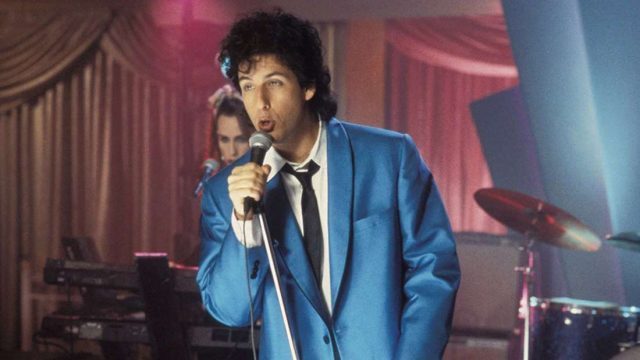


 The “Academy at Metrograph” series, a yearlong residency for the Academy of Motion Picture Arts and Sciences at the Lower East Side cinema house, concludes June 1 at 7:00 with Sideways, eclectic director Alexander Payne’s fourth film, following the underseen Citizen Ruth, the excellent Election, and the overrated About Schmidt. Sideways is fabulously entertaining from start to finish, a smart, inventive, very funny dark comedy about friendship and love set in California wine country. Paul Giamatti stars as Miles, a schlumpy wine connoisseur who is having trouble getting over his divorce and the failure of his massive novel to get published. His best friend, Jack (Thomas Haden Church), is getting married, so the two head off on a road trip, with Miles looking forward to sampling fine wine, and Jack anticipating sampling fine women. While Jack finds what he is looking for in Stephanie (Sandra Oh, who was married to Payne at the time), Miles seems hell-bent on not allowing himself to enjoy life, even as a beautiful woman with a deep appreciation of the grape (the excellent Virginia Madsen in what should have been a career-redefining performance) shows an interest in him. You definitely do not have to be a wine drinker to fall in love with this marvelous movie, one of the best of 2004; it was nominated for Best Director, Best Picture, Best Supporting Actress (Madsen), and Best Supporting Actor (Haden Church), and screenwriters Jim Taylor and Payne won for Best Adapted Screenplay. Taylor will be at Metrograph to talk about the movie, which will be preceded by a screening of Jeff Fowler’s 2004 Oscar-winning short, Gopher Broke, and followed by a wine tasting with vintages provided by Francis Ford Coppola Winery.
The “Academy at Metrograph” series, a yearlong residency for the Academy of Motion Picture Arts and Sciences at the Lower East Side cinema house, concludes June 1 at 7:00 with Sideways, eclectic director Alexander Payne’s fourth film, following the underseen Citizen Ruth, the excellent Election, and the overrated About Schmidt. Sideways is fabulously entertaining from start to finish, a smart, inventive, very funny dark comedy about friendship and love set in California wine country. Paul Giamatti stars as Miles, a schlumpy wine connoisseur who is having trouble getting over his divorce and the failure of his massive novel to get published. His best friend, Jack (Thomas Haden Church), is getting married, so the two head off on a road trip, with Miles looking forward to sampling fine wine, and Jack anticipating sampling fine women. While Jack finds what he is looking for in Stephanie (Sandra Oh, who was married to Payne at the time), Miles seems hell-bent on not allowing himself to enjoy life, even as a beautiful woman with a deep appreciation of the grape (the excellent Virginia Madsen in what should have been a career-redefining performance) shows an interest in him. You definitely do not have to be a wine drinker to fall in love with this marvelous movie, one of the best of 2004; it was nominated for Best Director, Best Picture, Best Supporting Actress (Madsen), and Best Supporting Actor (Haden Church), and screenwriters Jim Taylor and Payne won for Best Adapted Screenplay. Taylor will be at Metrograph to talk about the movie, which will be preceded by a screening of Jeff Fowler’s 2004 Oscar-winning short, Gopher Broke, and followed by a wine tasting with vintages provided by Francis Ford Coppola Winery.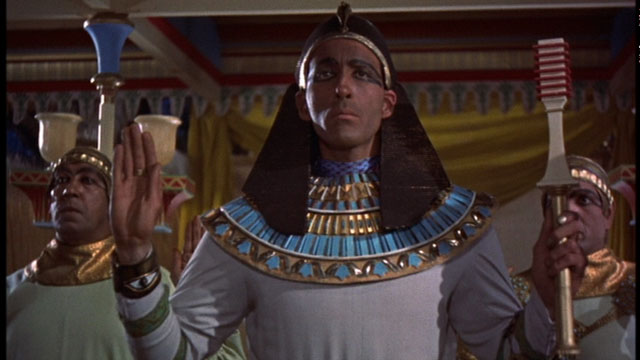
 Perhaps the best part of the Quad series “Hammer’s House of Horror, Part I: The Classic Years (1956–1967)” can be found in its very name: Part I, which means there will be even more to come. The first part begins May 30, consisting of thirty-two favorites from the London-based production company, which specialized in resurrecting monsters and presenting them for the first time in color, including the Mummy. Knighted British actor Christopher Lee might be best known to the younger generations as the evil wizard Saruman in the Lord of the Rings and Hobbit films, but over the course of more than two hundred movies Lee, who passed away last June at the age of ninety-three, also portrayed Fu Manchu, Georges Seurat, Sherlock Holmes, Rasputin, Count Dracula, Frankenstein’s monster, and the Mummy. Lee is the immortal wrapped character in Terence Fisher’s 1959 Hammer favorite, The Mummy, a remake of Karl Freund’s 1932 original starring Boris Karloff. On an archaeological excavation in Egypt, John Banning (Peter Cushing), his father, Stephen Banning (Felix Aylmer), and his uncle, Joseph Whemple (Raymond Huntley), discover the vast tomb of Princess Ananka (Yvonne Furneaux). Warned by an Egyptian zealot, Mehemet Bey (George Pastell), to leave the tomb undisturbed, the older Banning instead reads from the Scroll of Life, unleashing the murderous mummy Kharis (Lee), who had dutifully protected his princess centuries before. Three years later, Bey arrives in England with Kharis, determined to have the mummy wreak vengeance on the three men who dared disrespect Princess Ananka and the god they both served, Karnak.
Perhaps the best part of the Quad series “Hammer’s House of Horror, Part I: The Classic Years (1956–1967)” can be found in its very name: Part I, which means there will be even more to come. The first part begins May 30, consisting of thirty-two favorites from the London-based production company, which specialized in resurrecting monsters and presenting them for the first time in color, including the Mummy. Knighted British actor Christopher Lee might be best known to the younger generations as the evil wizard Saruman in the Lord of the Rings and Hobbit films, but over the course of more than two hundred movies Lee, who passed away last June at the age of ninety-three, also portrayed Fu Manchu, Georges Seurat, Sherlock Holmes, Rasputin, Count Dracula, Frankenstein’s monster, and the Mummy. Lee is the immortal wrapped character in Terence Fisher’s 1959 Hammer favorite, The Mummy, a remake of Karl Freund’s 1932 original starring Boris Karloff. On an archaeological excavation in Egypt, John Banning (Peter Cushing), his father, Stephen Banning (Felix Aylmer), and his uncle, Joseph Whemple (Raymond Huntley), discover the vast tomb of Princess Ananka (Yvonne Furneaux). Warned by an Egyptian zealot, Mehemet Bey (George Pastell), to leave the tomb undisturbed, the older Banning instead reads from the Scroll of Life, unleashing the murderous mummy Kharis (Lee), who had dutifully protected his princess centuries before. Three years later, Bey arrives in England with Kharis, determined to have the mummy wreak vengeance on the three men who dared disrespect Princess Ananka and the god they both served, Karnak.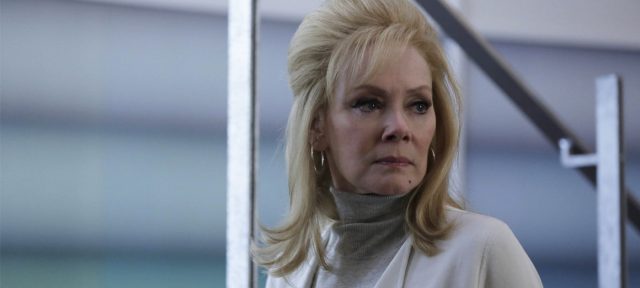
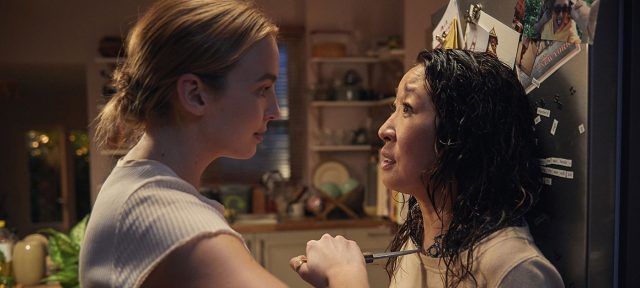
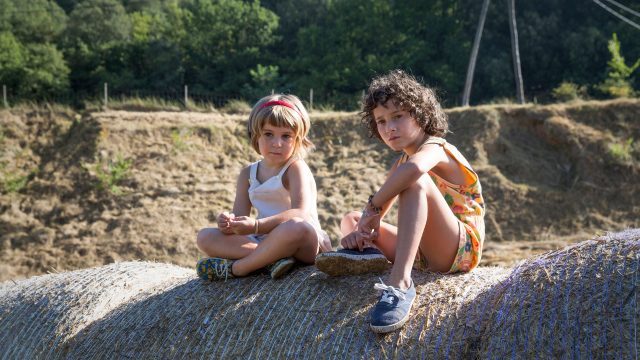
 Named Best First Feature at the 2017 Berlinale,
Named Best First Feature at the 2017 Berlinale, 